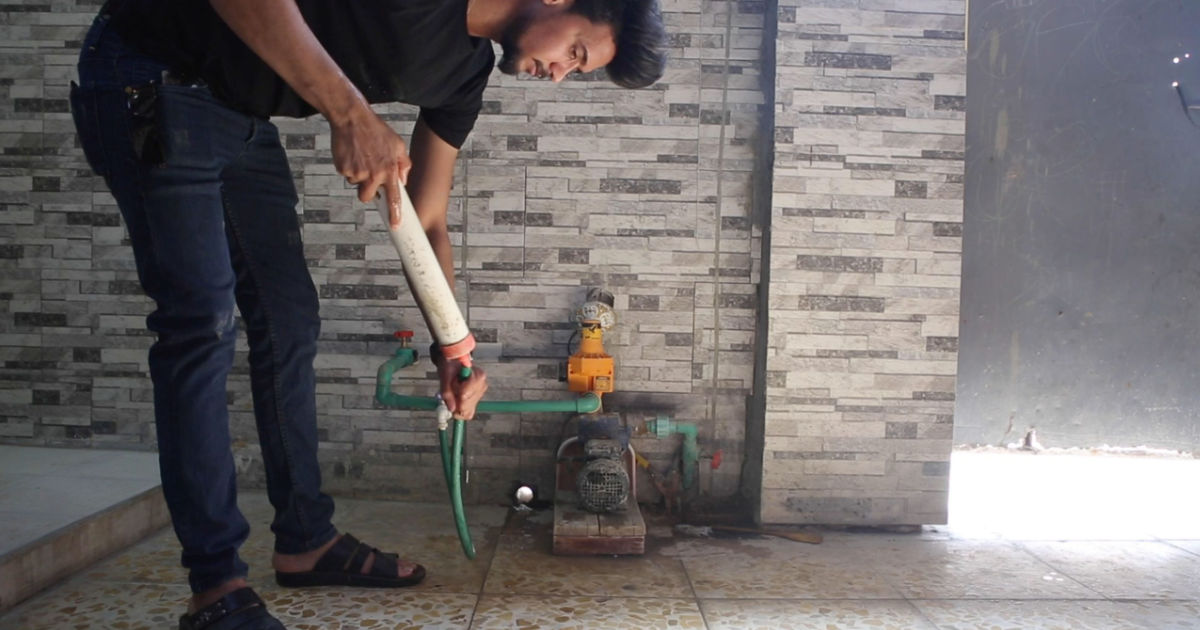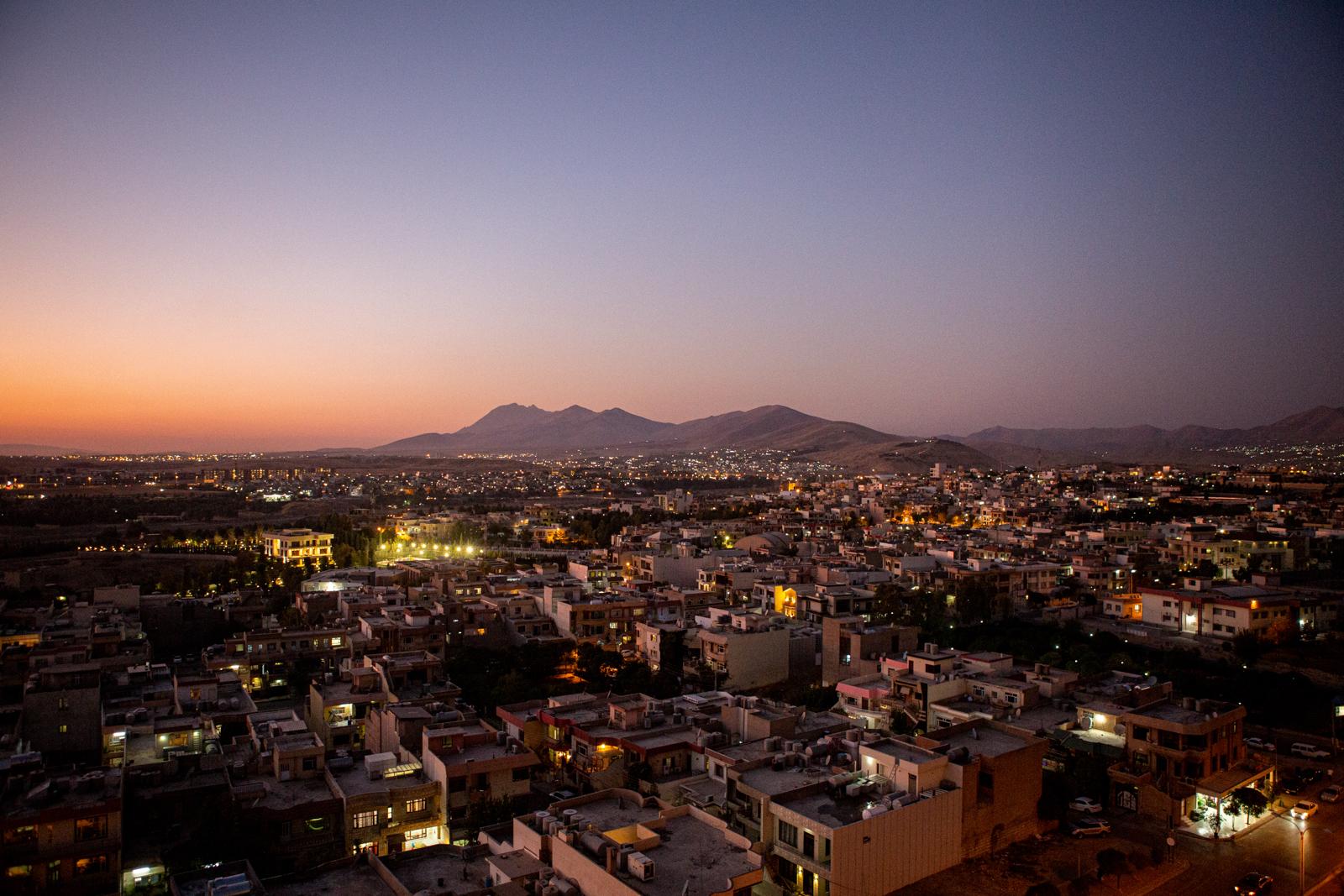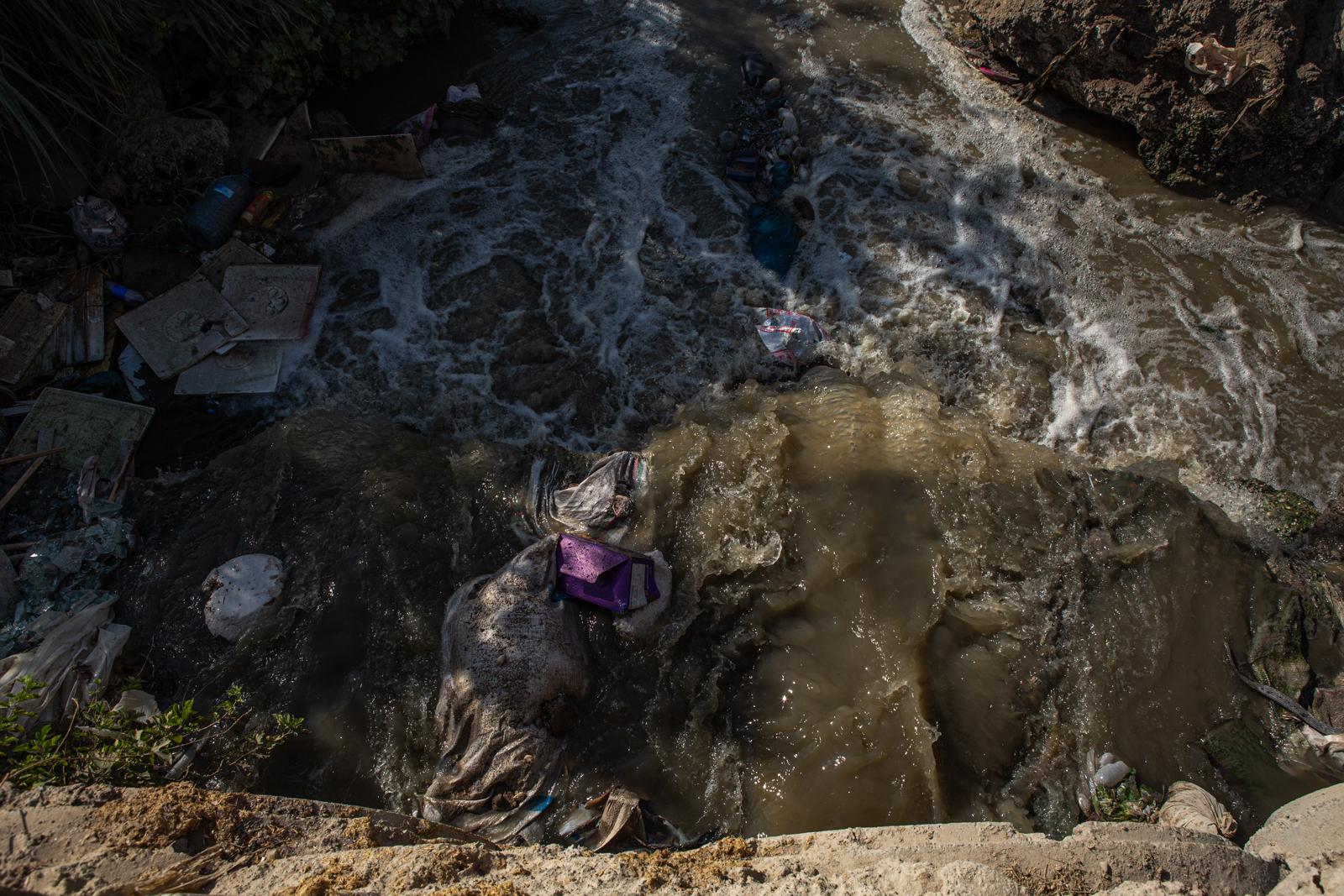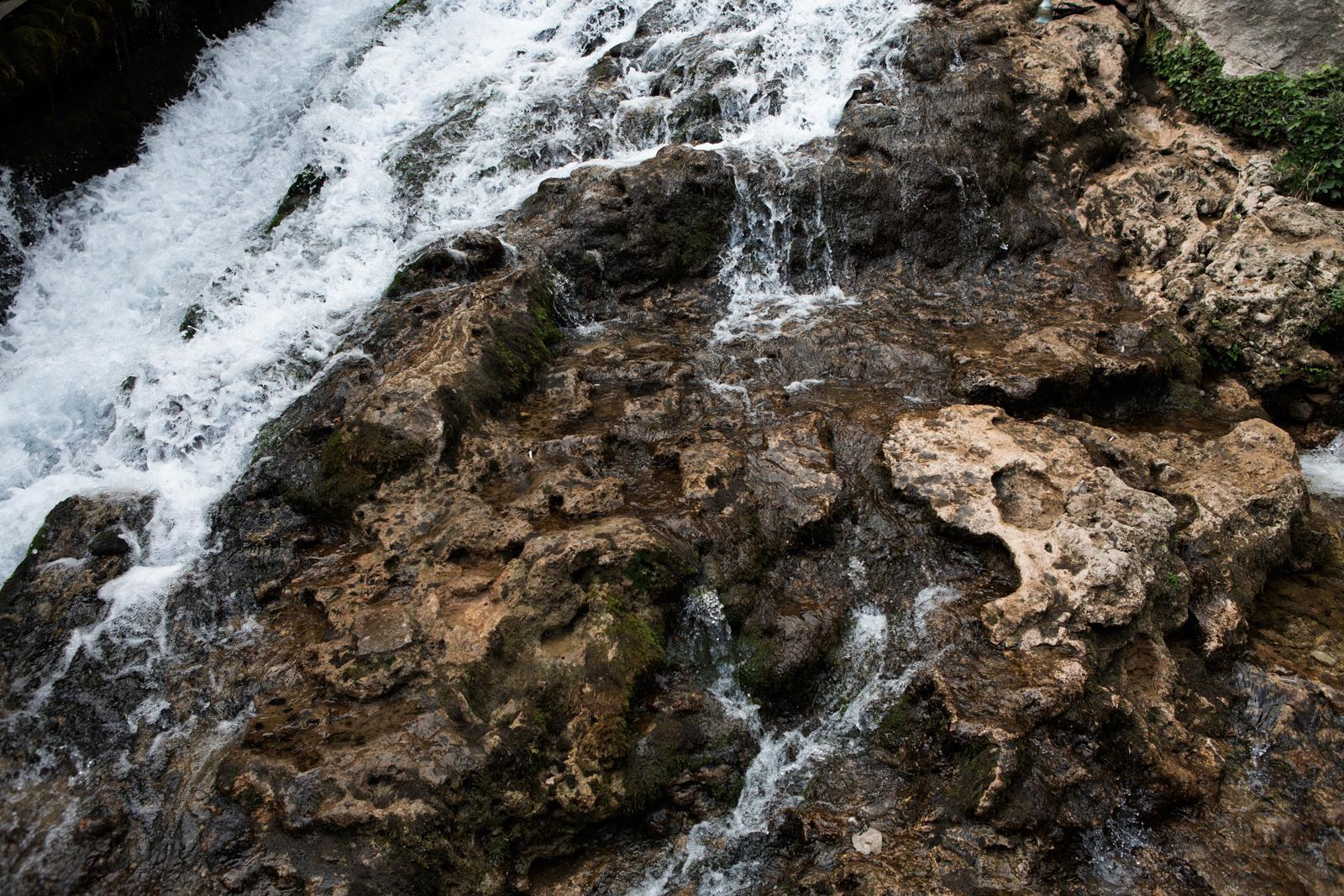Public Project
Iraq, the country of rivers
Summary
This is a story of images collected over the last few years in Iraq where climate change, drought, upstream dams, pollution and mismanagement threaten the Tigris River, the Euphrates River, and one of the largest wetland systems in the world, the Mesopotamian Marshes. The voices of activists and people met were published in different formats. This is my journey to remember lights, paths and colours of tales of water in the land of rivers.
Iraq’s environmental misfortunes stem from its geopolitical position. Nearly 91% of its water supply does not originate domestically, but flows first through Turkey, Syria, and Iran. Turkish and Iranian dams function as instruments of regional hegemony, representing a serious threat to the course of the millenary rivers and to their peoples.
Turkey is taking advantage of its upstream position to implement the Southeastern Anatolia Project (Güneydoğu Anadolu Projesi, GAP) that envisions 22 dams, 19 hydroelectric plants and extensive irrigation systems along the Euphrates and Tigris. This infrastructure drastically reduces the amount of water Iraq receives.
The water crisis is also the result of several internal factors: poor management, obsolete agricultural practices and inadequate regulation of pollution and sewage. Violent conflicts and wars lasting over more than 30 years have further worsened the problem. Further south, the situation is exacerbated, depriving thousands of people of their right to water and safe drinking.
A group of young Iraqi activists are trying to raise awareness about the issue and this journey “on the water” begins in Mosul, a city located on the west bank of the Tigris river and ends in Basra, the city situated on the Shaṭṭ Al-Arab, the waterway formed by the union of the Tigris and Euphrates rivers. It goes through regions deeply affected by drought and pollution: Sulaymaniyah, Baghdad, and the Mesopotamian Marshes.
The Mesopotamian Marshes, also called the 'Garden of Eden', are one of the world’s great wetlands, serving as an important centre of biodiversity, replete with vegetation, birds, fish, buffalo, and people. The marshlands play a vital role in the intercontinental migration of birds and have long supported unique human communities. The marshlands comprising the Central, Hawizeh and Hammar Marshes, used to be the largest wetland ecosystem of Western Eurasia. It is a rare aquatic landscape in the desert, providing a unique habitat for both wildlife and people alike.
“Iraq without water” is a project that has been carried out in recent years and has been published in different formats. A multimedia work called Iraq Without Water was produced together with the NGO Un Ponte Per. This webdoc follows the course of the Tigris River, tracing the main environmental problems Iraq faces: climate change, drought, water pollution, dams, salinization, lack of internal water policies as well as the impact on local populations. It begins in Mosul, then follows the river down to Baghdad, and ends in Basra in the south of Iraq.
A short documentary published for Internazionale and selected at the Cinemambeinte festival was produced.
 Iraq without water
Iraq without waterUn viaggio sull’acqua da Mosul a Basra
Iraqwithoutwater.org
 Nel paese dei fiumi non câè più acqua pulita
Nel paese dei fiumi non câè più acqua pulitaCambiamento climatico, inquinamento e cattiva gestione delle risorse minacciano il patrimonio idrico dellâIraq. Alcune attiviste e attivisti si battono per unâacqua pulita e per la salute della popolazione. Leggi
Internazionale.it
Iraq, the country of rivers, is losing its water resources. Climate change, drought, upstream dams, pollution and mismanagement threaten this historic watershed. A multimedia story follows the journey of the Tigris River, and the activists trying...
Watersciencepolicy.com
1,883







































